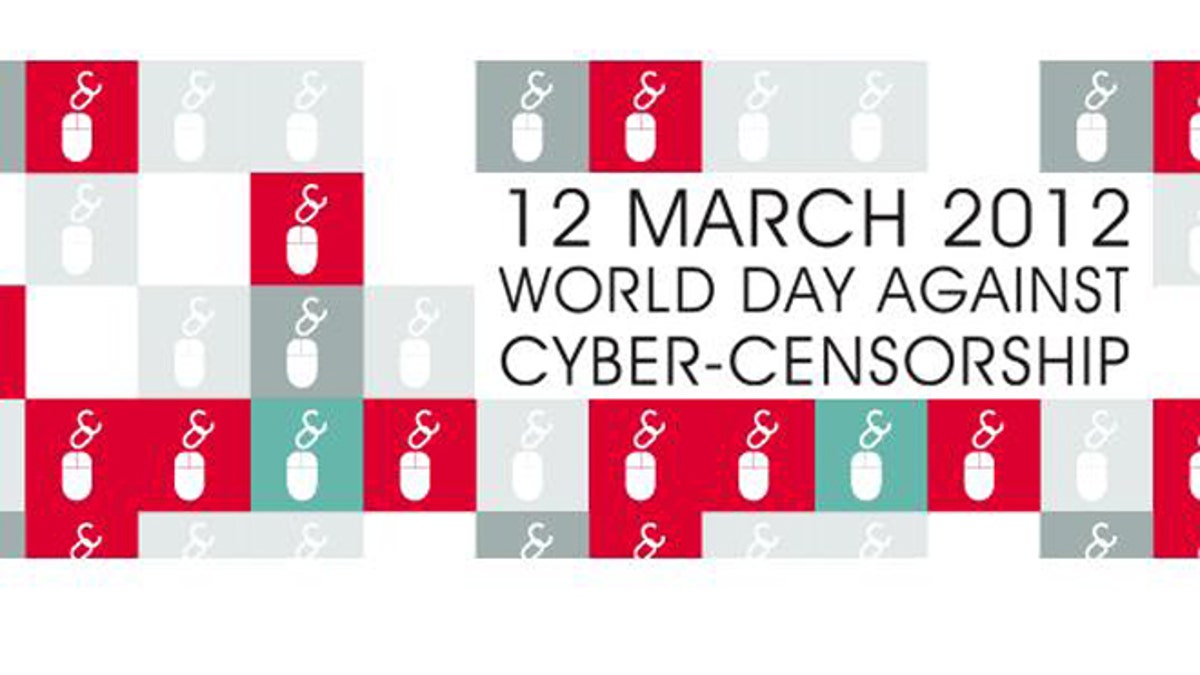
A report from the watchdog group Reporters Without Borders named the Internet's greatest enemies, a day ahead of a worldwide censorship protest. (Reporters Without Borders)
WASHINGTON – For people living in countries where the government monitors and censors the Internet, help is on the way.
It may be in a smartphone app or it could be a clandestine wireless network that looks innocuous but allows people to communicate out of the view of government censors.
A project funded by the U.S. government and developed by a Washington think tank called Commotion Wireless is being readied for delivery early next year.
The effort seeks to promote free expression online and takes advantage of the fact that more people are using mobile devices.
Such a system "is useful for people to communicate in situations when governments don't want them to," said Sascha Meinrath, head of the project at the New America Foundation.
[pullquote]
While Facebook and Twitter played a role in the Arab Spring uprisings, these networks can also be used by governments to track or harass dissidents.
Commotion is designed as "a secure and reliable platform to ensure their communications cannot be controlled or cut off by authoritarian regimes," says the mission statement of the open-source software project.
Because it is a "mesh" network, each of those using the system becomes a "node," making it harder to shut down than a centralized access point.
"The mesh network doesn't live on any single device," Preston Rhea, a program associate at New America who has been testing community wireless projects using the technology, said.
One test network was set up in a neighborhood in Washington where the local hacker community joined in by rigging up a makeshift antenna.
"The same technology would be able to help in countries like Syria where the government is trying to crack down on the free flow of information," said HacDC member Ben Mendis, who helped set up the local network.
The Commotion program became known as the "Internet in a suitcase," but those involved say it is a misnomer.
"This is not a suitcase full of specialized equipment, this is meant to run on whatever exists on the ground," Meinrath said. "It's all software."
But even some State Department officials use the "suitcase" term to describe the effort to get a quick, easy way to help people get around filtering and surveillance.








































